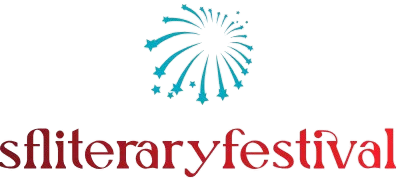Literature plays a significant role in education, offering a multitude of benefits that extend beyond the development of reading and writing skills. Here are some key ways in which literature contributes to education:
Language Development:
Reading literature exposes students to rich and diverse vocabulary, sentence structures, and writing styles. It helps expand their language skills, enhances their communication abilities, and improves their overall literacy.
Critical Thinking and Analysis:
Literature presents complex narratives, diverse perspectives, and intricate themes, requiring students to think critically and analyze the text. Engaging with literature encourages students to interpret, question, and evaluate the author’s intent, characters’ motivations, and underlying messages, fostering analytical thinking skills.
Empathy and Emotional Intelligence:
Literature enables students to delve into the lives and experiences of characters, fostering empathy and emotional intelligence. By exploring different perspectives, students develop the capacity to relate to and understand the emotions and struggles of others, increasing their empathy towards diverse individuals and cultures.
Cultural Appreciation and Diversity:
Literature exposes students to a wide range of cultures, traditions, and historical contexts. It promotes cultural appreciation, helping students develop an understanding and respect for diverse backgrounds and traditions. Literature serves as a window to different worlds, broadening students’ horizons and promoting inclusivity.
Critical Awareness and Social Issues:
Many works of literature address social issues such as justice, inequality, racism, and human rights. Reading and discussing literature in the classroom can raise students’ awareness of these issues, encouraging them to think critically about societal challenges and become active, engaged citizens.
Historical Understanding:
Literature often reflects the cultural, social, and historical contexts in which it is written. By studying literature from different time periods, students gain valuable insights into the past, helping them understand historical events, societal norms, and the evolution of ideas.
Imagination and Creativity:
Literature ignites students’ imagination, allowing them to visualize characters, settings, and events beyond the limitations of their own experiences. It promotes creativity, encouraging students to create their own stories, express their thoughts, and develop their unique writing styles.
Personal and Social Identity Development:
Literature guides students in exploring themes of identity, belonging, and self-discovery. Characters’ journeys and experiences in literature can inspire students to reflect on their own lives, values, and personal growth, fostering their individual and social identity development.
In sum, literature offers an array of educational benefits, nurturing language skills, critical thinking abilities, empathy, cultural appreciation, and personal growth. Integrating literature into educational curricula equips students with not only academic knowledge but also the essential skills and perspectives needed to thrive in an interconnected and diverse world.




